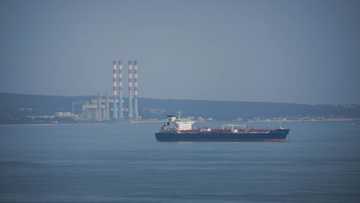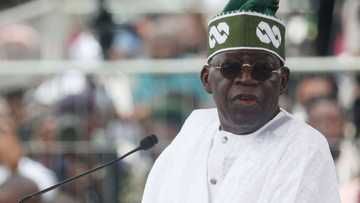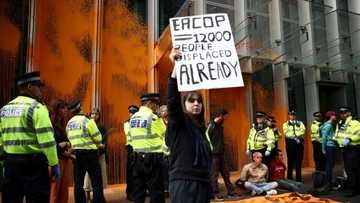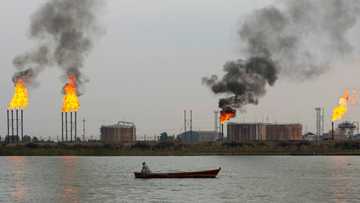Top 10 of the most corrupt countries in the world: a list
Corruption is a form of dishonesty or a criminal offence undertaken by a person or an organisation entrusted with power for private gain. Corruption undermines trust, democracy, and economic development and worsens inequality, poverty, and social division. This post consists of the top 10 most corrupt countries in the world.
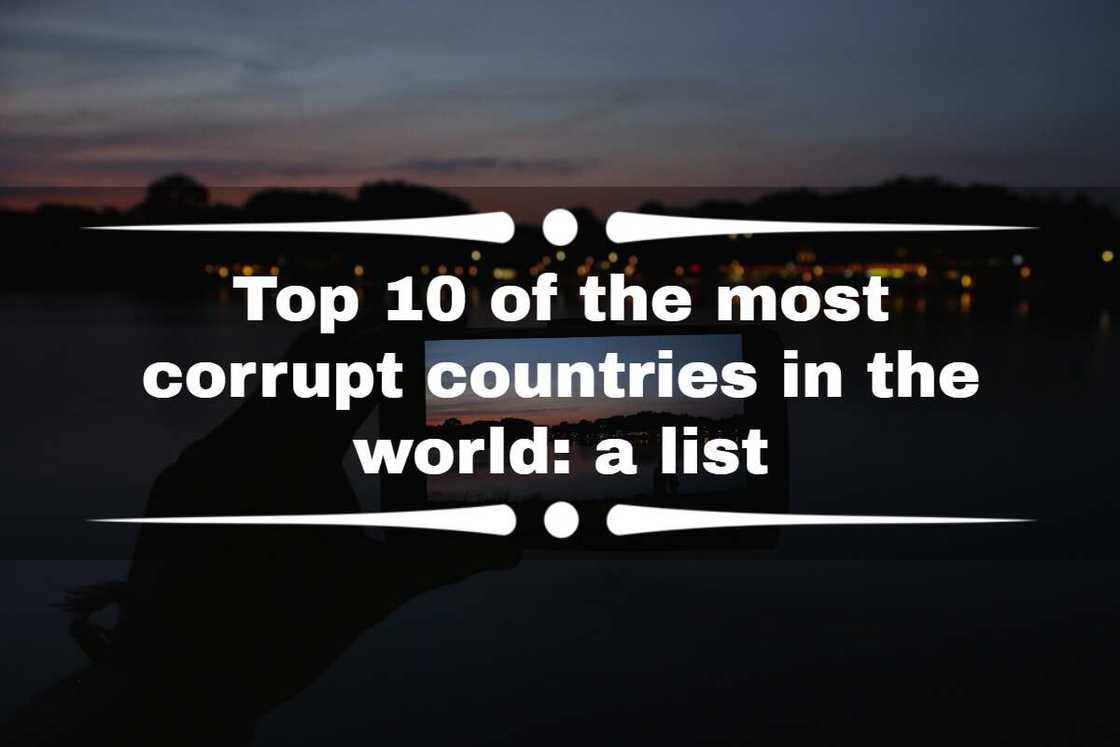
Source: UGC
Corruption permeates all areas of the economy and levels of government. Throughout history, many countries have struggled with the scourge of corruption, with some becoming well-known for their high levels of unlawful practices and systematic dishonesty.
List of corrupt countries in the world
Which are the most corrupt countries in the world? Corruption levels can differ over time, and rankings can change based on various reports and evaluations. However, according to Corruption Perception Indices (CPI), the following ten countries are frequently cited as having high levels of corruption.
1. Somalia (CPI score: 12)
Somalia has consistently been ranked as one of the most corrupt countries in the world. Somalia ranked at the bottom of the 2022 Corruption Perceptions Index. The never-ending violence, insecurity, and absence of a central government continue to be the principal causes of rampant corruption in Somalia.
Terrorism, repression of press freedom, political, social, and economic instability, as well as repression of free expression have all produced fertile ground for corruption. The country has also been persistently experiencing extreme poverty levels, battling its worst drought in 40 years.
2. South Sudan (CPI Score: 13)
South Sudan is the second most corrupt country in the world according to the 2022 Transparency International Perceptions Index (CPI). Like Syria, South Sudan scored 13, improving its last score of 11. Regardless of being the youngest country in the world, it has faced significant corruption challenges since attaining independence in 2011.
Corruption permeates all sectors of the economy in South Sudan and all levels of the state apparatus. It manifests through various forms, including grand corruption and clientelism networks along tribal lines. The lack of transparency in the oil sector and expertise in managing oil revenues further increases corruption.
The military state controls the nation's economy directly by controlling the public budget and indirectly by close ties to businesses and contracts. Money laundering has also been a major problem. Elites exploit the country's fragile financial industry by using it to launder money and generate revenue.
3. Syria (CPI score: 13)
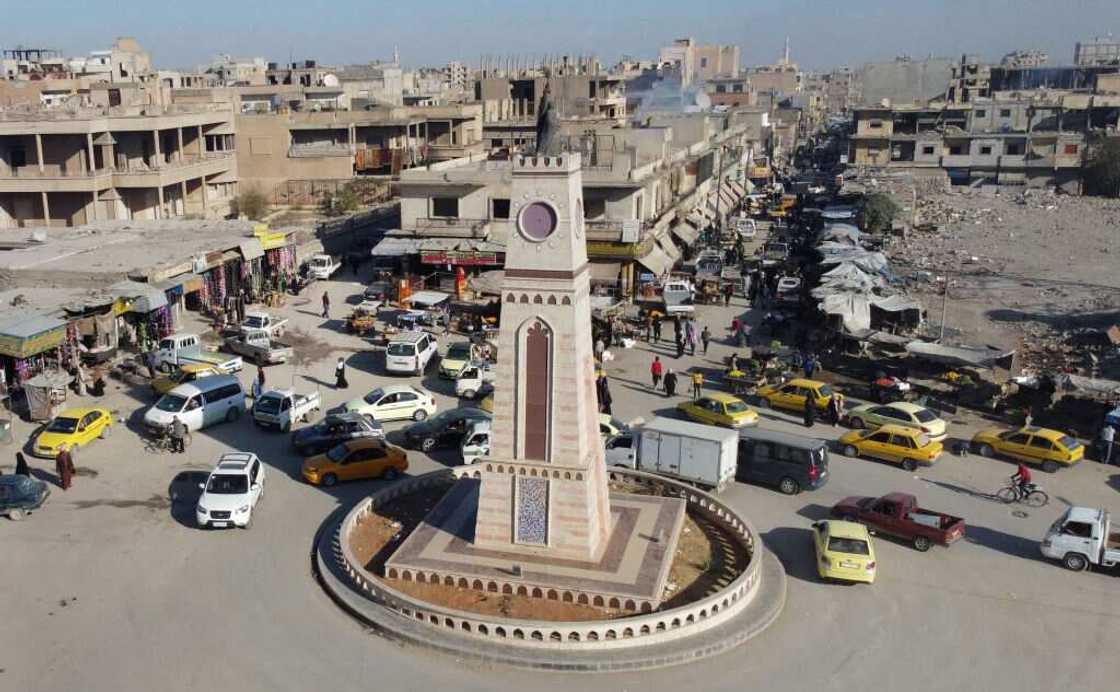
Source: Getty Images
Corruption in Syria follows the familiar patterns of state-based corruption, including government officials abusing their political powers for private gain, intimidation, bureaucracy and red tape.
Throughout the 2010s, Syria has faced conflict and civil war. The Arab Spring was the genesis of the ongoing conflict in Syria between the military and insurgent forces. The war has largely contributed to widespread corruption, such as bribery, embezzlement, and misuse of public funds.
Bribery is ranked as the most common form of corruption in Syria, affecting many public and private sectors. It is especially widespread in the judicial system and security services.
4. Venezuela (CPI score: 14)
Venezuela has seen a decline in governance and transparency, with allegations of the persistent presence of political and financial corruption in public administration, mismanagement of resources, and economic instability. The country ranked number 177 among the 180 countries in the Index.
Venezuela's abundance of oil and other natural resources, which exceeds 300 billion barrels, has resulted in political upheaval, a socioeconomic crisis, and corruption. Food insecurity, congestion, and deteriorating infrastructure exasperated the situation.
Government officials have also been accused of committing illicit crimes, such as drug trafficking. Some of these ill-gotten funds allegedly supported President Maduro’s 2013 presidential campaign.
5. Yemen (CPI score: 16)
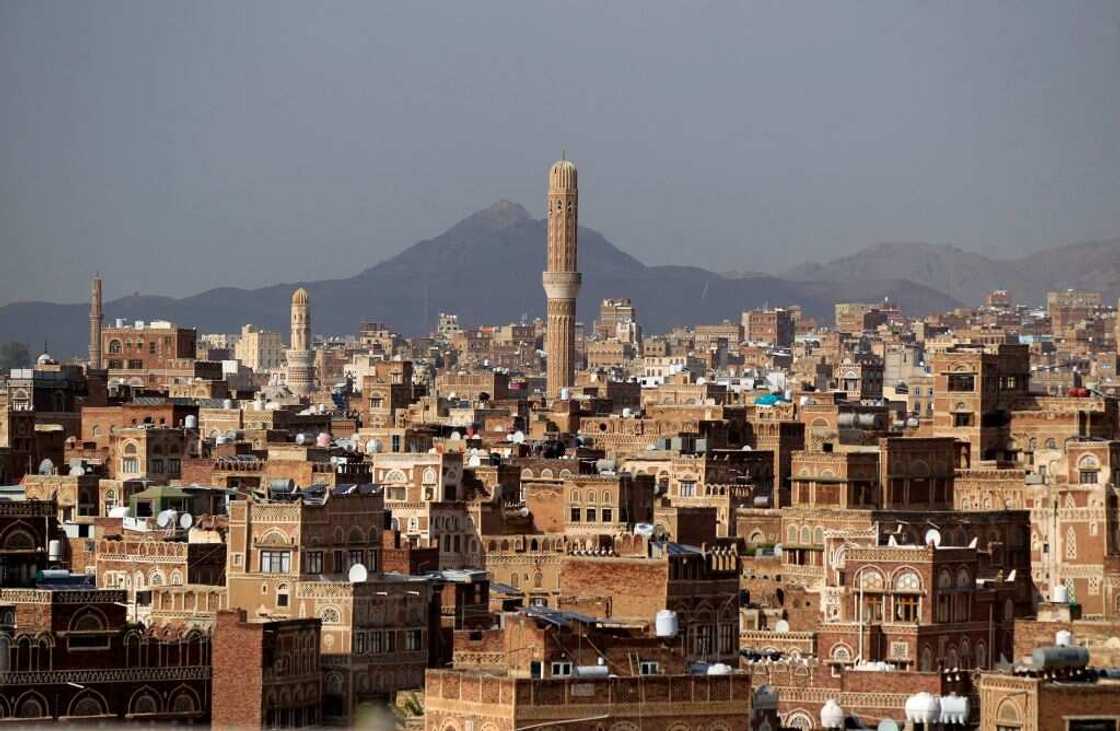
Source: Getty Images
Yemen is the most corrupt country in the Arabian Peninsula. Yemen’s index score has trended downward in the past several years. It has been ranked among the world's top 10 most corrupt countries by the Global Corruption Perceptions Index. Some factors contributing to Yemen's reputation as a corrupt country are war and conflict, political instability, armed conflict, and economic hardships.
The political upheaval the country has been witnessing since 2011 has further exacerbated challenges for companies. Patronage networks and practices of nepotism run the country’s civil affairs, which oversees government contracts and often exploits small businesses through arbitrary fines. Practices such as passive bribery and extortion are also included. Bribery and gifts are widespread practices in Yemen.
6. Libya (CPI score: 17)
Libya is the 171 least corrupt nation out of 180 countries. Even after the revolution and Gaddafi's assassination in 2011, corruption in Libya remains endemic. Following the first civil war, violence and political instability persisted throughout Libya, and government ministers and the military had conflicted control of the country.
Corruption in law enforcement is also prevalent in Libya. Several reports show police officers engaging in malpractice, including bribery, embezzlement, nepotism and extortion. Transparency International is also one of the major organisations combating corruption in Libya.
Bribery and favouritism are common practices in all sectors, and companies may struggle with unfair competition from state-owned businesses, which also dominate the local market.
7. North Korea (CPI score: 17)
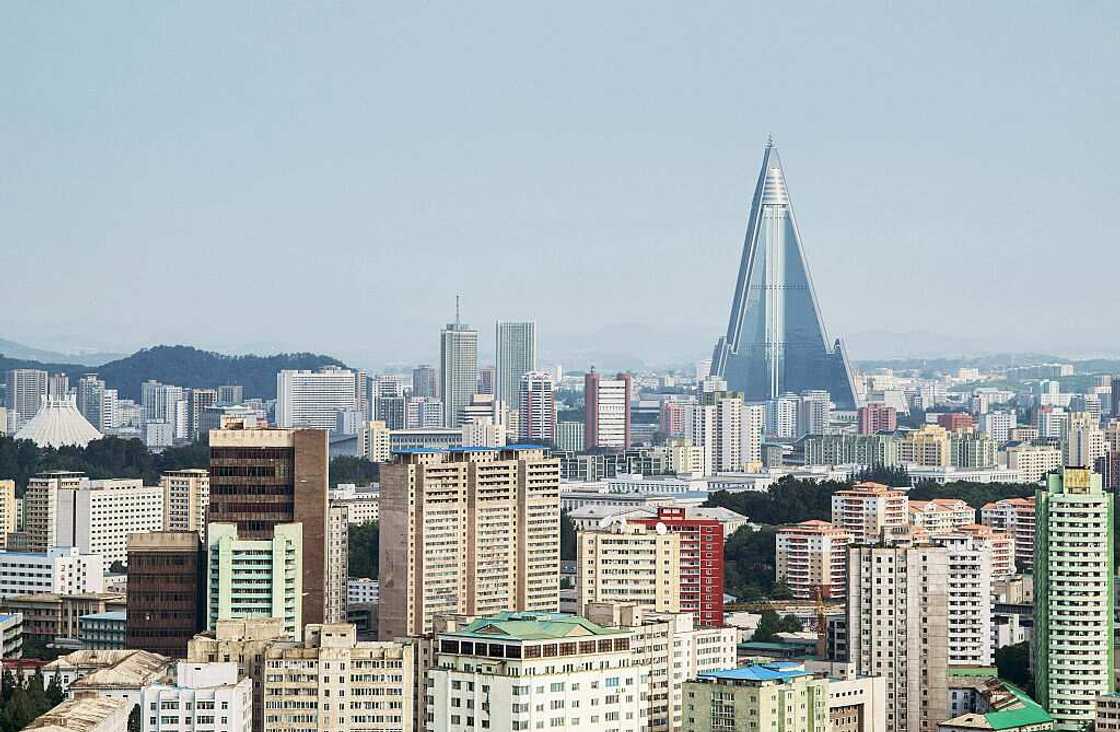
Source: Getty Images
North Korea is ranked 171 out of 180 countries in Transparency International's 2022 Corruption Perceptions Index. It is considered corrupt due to a combination of factors. The country's highly secretive and authoritarian regime, lack of transparency, and centralised control over the economy create an environment where corruption thrives.
The ruling elite, including the Kim family, exert absolute power and manipulate resources for personal gain. In contrast, the lack of independent institutions or checks on government power enables corruption to go unchecked. The state's involvement in the black market, human rights abuse, and the pervasive cult of personality further contribute to the perception of North Korea as a corrupt country.
8. Haiti (CPI score: 17)
Haiti, the Western Hemisphere's poorest country, is plagued by corruption, gang violence, drug trafficking, and organised crime. The effectiveness of public finance and the rule of law has been severely undermined by years of political volatility.

Read also
Building greener future: Spotlight on Nigerian innovators tackling environmental challenges
The Haitian legal system's bureaucracy and red tape are often excessive. Dozens of elected and appointed government officials have been implicated in corruption, money laundering, arms smuggling, and drug trafficking to bolster their power and influence.
9. Equatorial Guinea (CPI score: 17)
Equatorial Guinea is a country located in West Africa, which struck oil in 1995 and has since become one of the wealthiest countries in the continent. Nonetheless, a large proportion of its population lives in poverty.
Political corruption in Equatorial Guinea is high by global standards, ranking among the worst of any country on the planet. Corruption, poverty, and repression continue to plague Equatorial Guinea under President Teodoro Obiang Nguema Mbasogo, who has been in power since 1979. He and his inner circle have acquired personal fortunes through embezzlement, bribery, and illicit deals involving the country's oil wealth.
The government's control over key sectors, lack of transparency, and weak institutional frameworks have facilitated a culture of corruption, enabling widespread nepotism, patronage, and the diversion of public funds for personal gain.
10. Burundi (CPI score: 17)
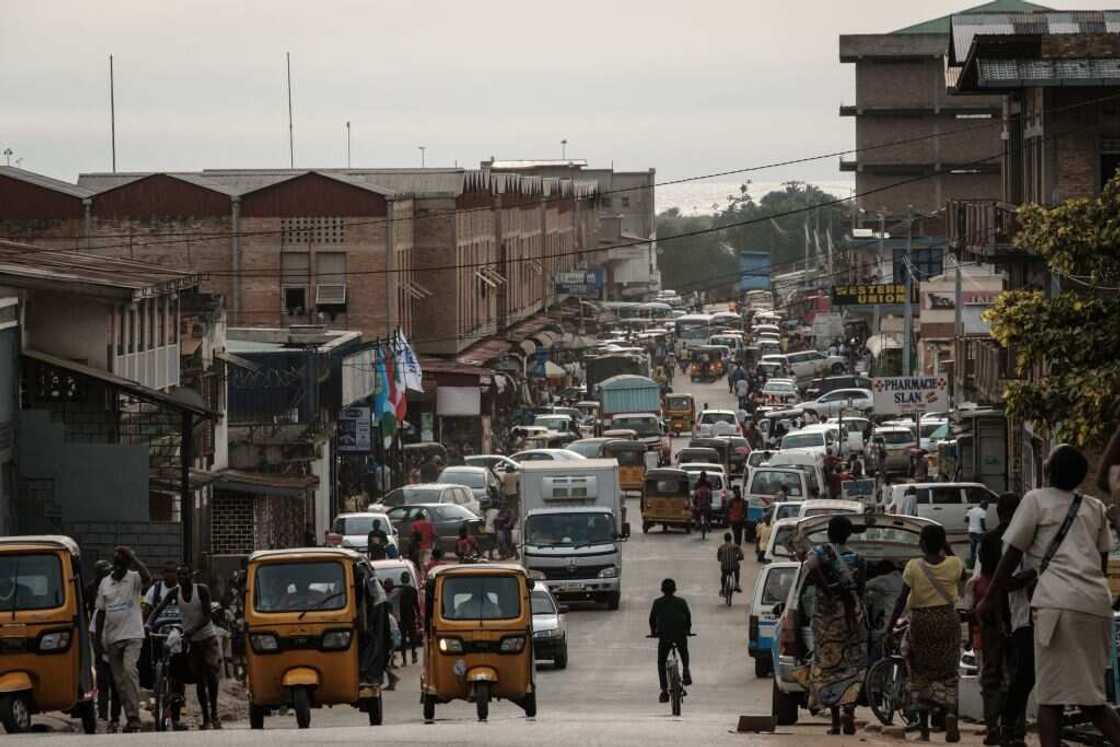
Source: Getty Images
Despite establishing anti-corruption agencies, Burundi faces a deepening corruption crisis that jeopardises lasting peace and stability prospects. Corruption in Burundi exists at all levels of the country's political and economic systems. Bribery, nepotism, and embezzlement are common practices that negatively impact the country's economic growth and access to public service.
Which country is highest in corruption?
Somalia ranks as the most corrupt country in the world as per the 2022 CPI index. Somalia ranked last among the 180 countries in the Index.
What rank is Nigeria in corruption?
Nigeria scored 24 out of 100 points while ranking 150 among 180 countries on the 2022 Corruption Perception Index released by Transparency International.
Which are the most corrupt countries in the world? According to a 2022 Transparency International evaluation, Somalia, South Sudan, North Korea, and Syria are judged to be the most corrupt countries in the world. The causes of corruption lie in part in political and cultural reasons. Ineffective law enforcement also worsen it.
Legit.ng recently published a list of the world's top ten most dangerous cities. Several factors, such as unemployment, poverty, socioeconomic disparities, inequality, political instability and drug trafficking, often lead to increased crime rates worldwide. High crime rates can make the most beautiful travel destinations a tourist nightmare.
Some cities around the world face exceptionally high levels of violence, crime, and insecurity, making them hotspots of danger and unrest. Discover the top ten most dangerous cities in the world in this post.
Source: Legit.ng


